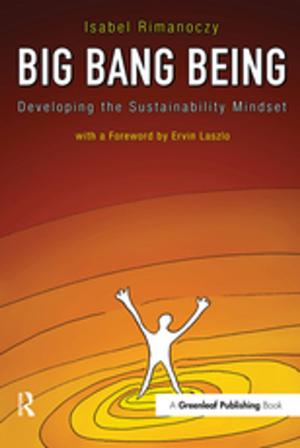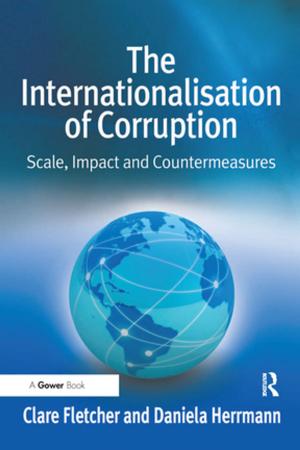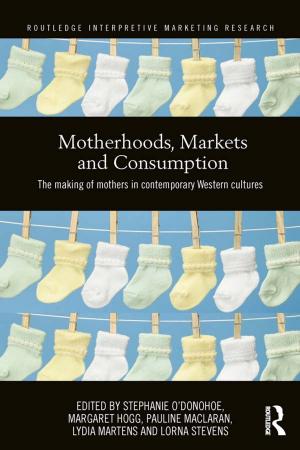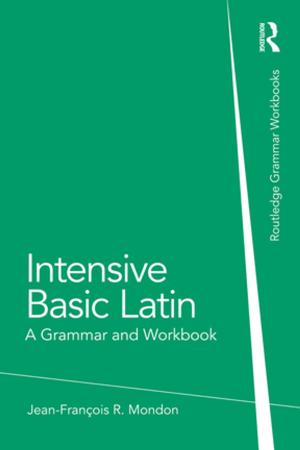Integrated Water Resource Planning
Achieving Sustainable Outcomes
Nonfiction, Art & Architecture, Architecture, Planning| Author: | Claudia Baldwin, Mark Hamstead | ISBN: | 9781317676515 |
| Publisher: | Taylor and Francis | Publication: | September 4, 2014 |
| Imprint: | Routledge | Language: | English |
| Author: | Claudia Baldwin, Mark Hamstead |
| ISBN: | 9781317676515 |
| Publisher: | Taylor and Francis |
| Publication: | September 4, 2014 |
| Imprint: | Routledge |
| Language: | English |
Integrated Water Resource Planning provides practical, evidence-based guidance on water resource planning. In a time of heightened awareness of ecosystem needs, climate change, and increasing and conflicting demands on resources, water professionals and decision-makers around the world are on a steep learning curve. This book presents an international examination of water reform experiences, and provides lessons in how to manage environmental uncertainties, long term management, and increase in demand. It breaks the process down into a series of common steps, applies program logic and evaluation theory, and discusses best practices in assessment, decision making and community engagement. Importantly it recognises the large variation in available knowledge and capacity, risk and scale, and discusses a range of approaches that can be used for different circumstances.
The book will fill in the gaps for professionals in interdisciplinary teams including sociologists, hydrologists, engineers, ecologists, and community consultation specialists, by providing a basic grounding in areas outside their usual expertise, and will provide ammunition to community stakeholders in their quest to ensure that water planning outcomes are justified and justifiable.
Case studies provide an understanding of the context, practical tools and implementation techniques for achieving sustainable outcomes, and the multi-disciplinary approach and insights offered in this book will be transposable and instructive for water professionals worldwide.
Integrated Water Resource Planning provides practical, evidence-based guidance on water resource planning. In a time of heightened awareness of ecosystem needs, climate change, and increasing and conflicting demands on resources, water professionals and decision-makers around the world are on a steep learning curve. This book presents an international examination of water reform experiences, and provides lessons in how to manage environmental uncertainties, long term management, and increase in demand. It breaks the process down into a series of common steps, applies program logic and evaluation theory, and discusses best practices in assessment, decision making and community engagement. Importantly it recognises the large variation in available knowledge and capacity, risk and scale, and discusses a range of approaches that can be used for different circumstances.
The book will fill in the gaps for professionals in interdisciplinary teams including sociologists, hydrologists, engineers, ecologists, and community consultation specialists, by providing a basic grounding in areas outside their usual expertise, and will provide ammunition to community stakeholders in their quest to ensure that water planning outcomes are justified and justifiable.
Case studies provide an understanding of the context, practical tools and implementation techniques for achieving sustainable outcomes, and the multi-disciplinary approach and insights offered in this book will be transposable and instructive for water professionals worldwide.















